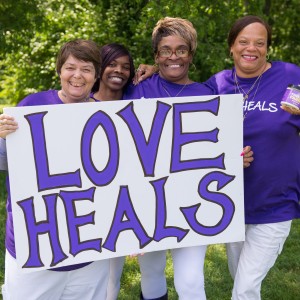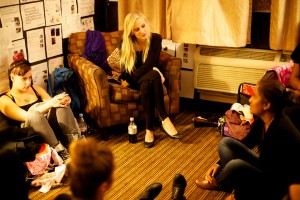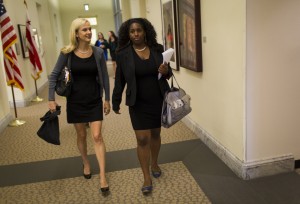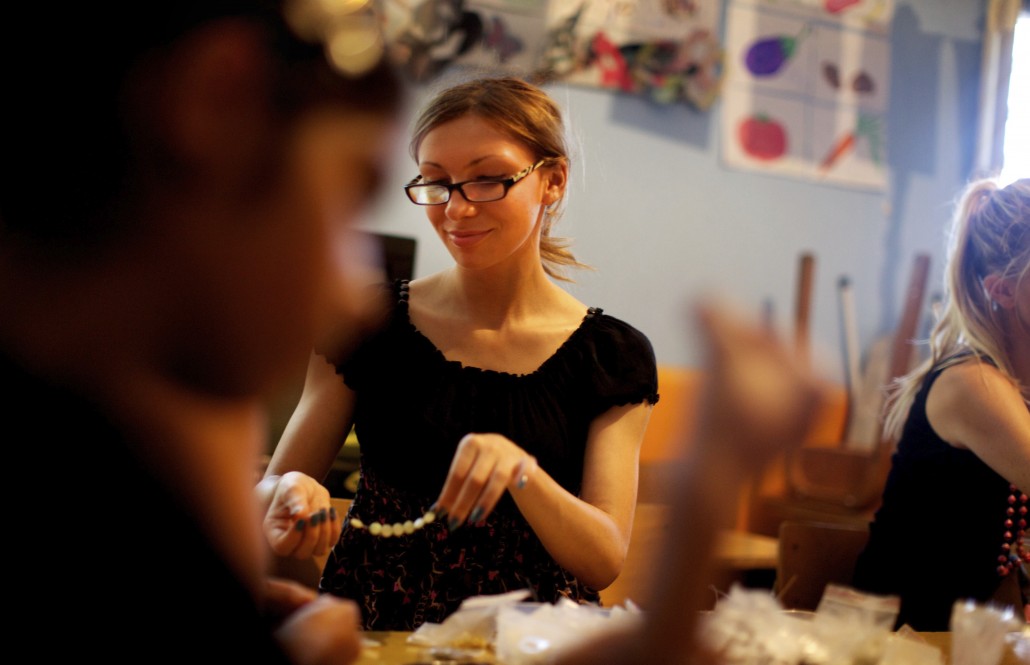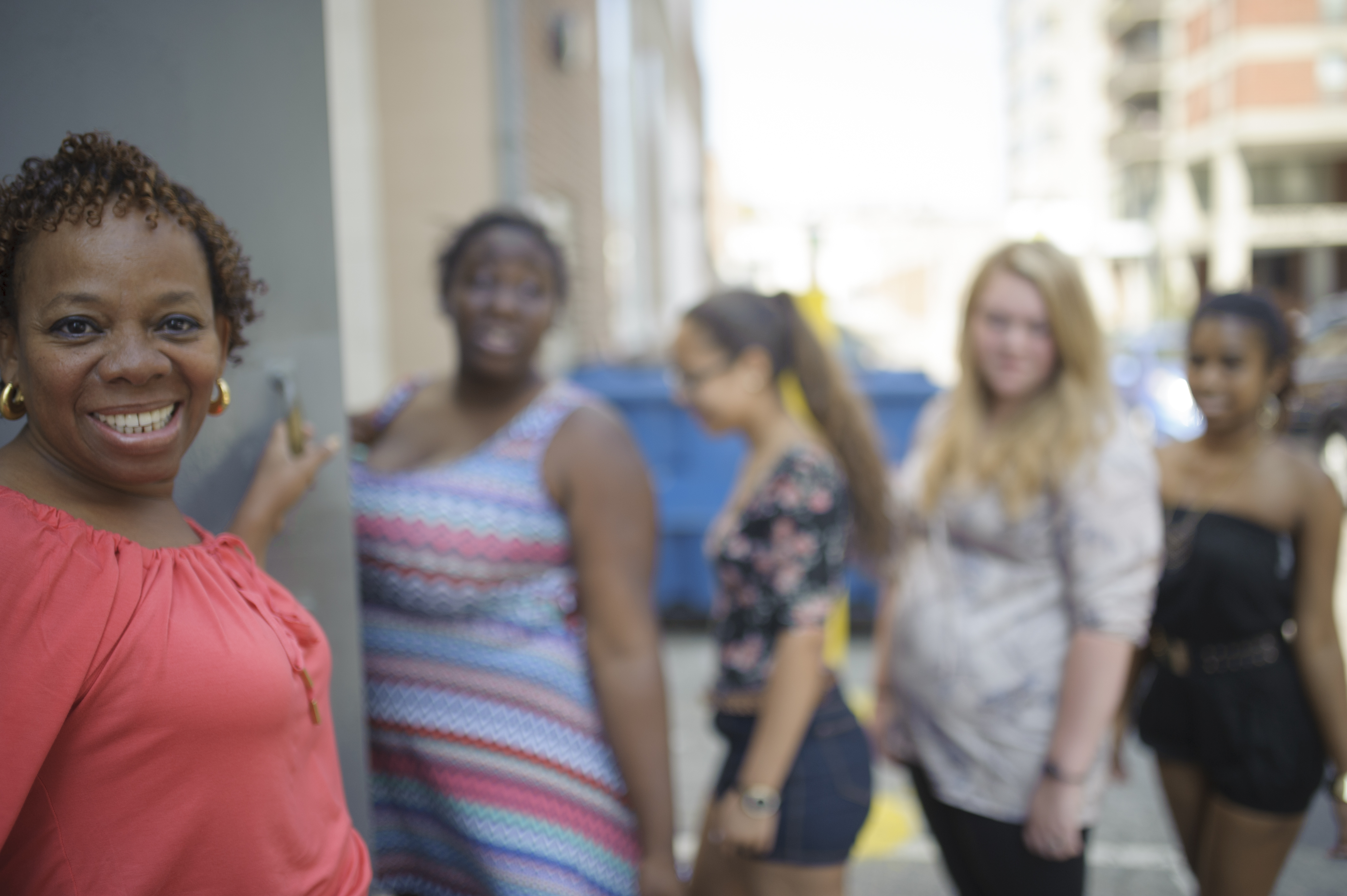Sex Trafficking in the USA: The Journey Continues
In A Path Appears: Sex Trafficking in the USA, Nicholas Kristof, Sheryl WuDunn, Ashley Judd, Blake Lively and Malin Akerman traveled across the country to investigate a problem that is often overlooked. They visited programs that have successfully implemented support systems to protect girls vulnerable to sex trafficking, rebuild the lives of survivors, and reduce the demand to help end trafficking. But the story didn’t end after 90 minutes, here’s your chance to find out where the characters are today.
Shana and Shelia from Thistle Farms are both doing great! Shana is rocking the sales team, helping to place Thistle Farms’ products with over 400 retailers and extending her role as mentor and educator by joining the A Path Appears team in the Capitol to share her experiences with Ashley Judd and select members of Congress. Shelia joined Shana on stage at the Nashville premiere of A Path Appears and just completed her first year overseeing our program for inmates at Magdalene on the Inside, a reentry program for women incarcerated at the Tennessee Prison for Women!
Thistle Farms is thriving too. It reached its $1M milestone in revenue this past summer and launched a new initiative called Shared Trade, taking the Thistle Farms model global. Founder Becca Stevens also published a new book, The Way of Tea and Justice, recounting the victories and challenges of launching the Thistle Farms Café, and sharing the powerful personal stories of café workers, tea laborers, and volunteers whose lives were transformed by the journey.
You can continue to support Thistle Farms on our Crowdrise Page at: https://www.crowdrise.com/ThistleFarmsMagdalene
Cook County Sheriff Tom Dart and his team are still leading highly successful John Day stings across the country. The eighth “National Day of Johns Arrests” ran for 18 days from July 17 through August 3, 2014 and brought together 28 law enforcement agencies throughout 14 states. This push also expanded the mission of the program and targeted pimps and traffickers who have forced victims into lives of prostitution.
Their most recent sting led to 14 sex trafficking/pimping arrests, 496 sex solicitation arrests (johns) and $174,205 in minimum fines from 172 johns arrested as a result of fake Backpage.com ads
Anecdotally, across agencies, law enforcement reported arresting a federal border agent in full uniform as well as a man who had his infant child in the backseat while attempting to purchase sex. Las Vegas Police Department recovered eight juvenile trafficking victims and Cook County Sheriff’s Police arrested a man who had previously done time for taking part in the murder of a prostitute. These stories are indicative of the “ordinary” and violent nature of these crimes.
Savannah’s trafficker was arrested and sentenced 15 years in prison on October 10, 2014 for coercing a teenager into prostitution. Parallel to this, the missing girl Nicholas Kristof helped locate using backpage.com also received justice, her traffickers were also arrested.
The documentary represents a very specific point in time in the lives of two girls in the My Life My Choice program, and the organization continues to work with them and respect their need for confidentiality. Both girls continue to work with My Life My Choice mentors to find stability as they transition into adulthood.
You can continue to support My Life My Choice on our Crowdrise Page at: https://www.crowdrise.com/MyLifeMyChoice


